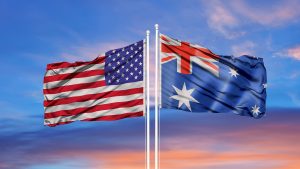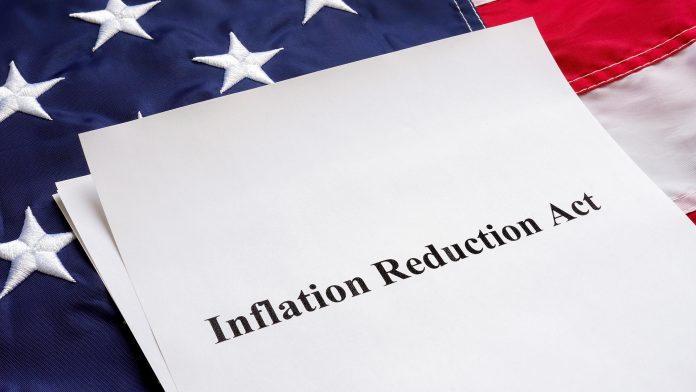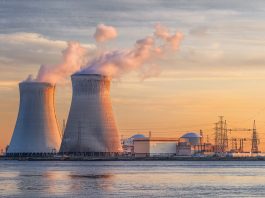Australian mining and energy companies are set to access billions of dollars in funding as part of President Joe Biden’s Inflation Reduction Act (IRA) – this could significantly contribute to the clean energy transition.
This allowance follows deals to grant special status to the country’s defence manufacturing and critical minerals industries under the IRA.
The plans were announced at the G7 summit in Hiroshima, where Australian Prime Minister Anthony Albanese met up with Biden. The summit welcomed members of leading industrial economies to discuss Chinese economic coercion and Russia’s invasion of Ukraine.
Australia is set to become a domestic source for critical sectors
Biden explained that under the Inflation Reduction Act, Australia would become a domestic powerhouse for sectors deemed critical, such as defence, critical minerals, and clean energy.
This powerful move could make sectors like energy and rare earths a third pillar of the alliance. It also means Australian companies. It also means that areas such as hydrogen could get access to US subsidies and other benefits under the Inflation Reduction Act without leaving Australia.
Albanese explained: “If you think about industries like hydrogen, without that support, hydrogen-based industries would have a massive incentive to be based in the US.
“The big risk with the IRA is that you would see capital leave Australia to go to the US. This is about addressing that. This is about creating an enormous opportunity for Australia.”
Expanding Australia’s critical minerals exports
Given the billions in funding from the US, Australia can expect to significantly increase its critical minerals exports.
The Inflation Reduction Act is a major opportunity to expand industries such as lithium, which is a key player in batteries. Australia is already the world’s biggest lithium supplier.
US battery manufacturers wanting to access subsidies must use minerals sourced domestically, or from countries with which the US has an existing free trade agreement, such as Australia.
As early as 2028, the value of Australia’s lithium exports is set to overtake its thermal coal exports – signifying a major shift in the commodities we use to power our planet.
Hitting decarbonisation goals through IRA collaboration
It is expected that Australian energy companies will benefit directly from the deal. This will be through new loans for the production of batteries and energy systems.
The terms of the Inflation Reduction Act extends provisions for US companies through mechanisms including the US-Australia Free Trade Agreement. This allows commodities such as lithium to qualify for grants.
Australia’s involvement in the energy and critical minerals sector is crucial for the US, as the country cannot meet the demand for these alone. This is highlighted by the distortion caused by the country’s huge $369bn deficit bill.

Chris Bowen, Australia’s Energy Minister, said that the agreement was a milestone for decarbonisation efforts and the energy transition.
“This is a significant step forward in Australia’s ambitions in relation to renewable energy exports,” he stated.
“It sets up a framework for co-operation with the US and builds on our work, for example, our Hydrogen Headstart programme in the recent budget.”
The Hydrogen Headstart programme aims to make Australia a global leader in green hydrogen. It will provide revenue support for large‑scale renewable projects through competitive hydrogen production contracts.
Other collaboration projects
As well as through the Inflation Reduction Act, the US and Australia have collaborated on a number of rare earth and critical minerals projects.
In October, Syrah Resources was awarded a $220m grant to expand the capacity of its Louisiana graphite anode plant. Moreover, the US Department of Defence awarded Lynas Resources a $120m contract in June.
The IRA collaboration and these projects will bolster economic co-operation with Australia and other allies in areas deemed crucial to national security, as another way to ramp up pressure on China.









